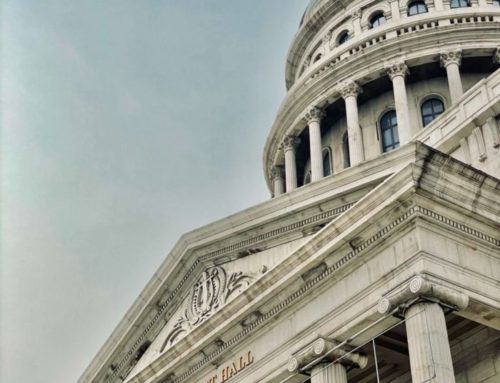Background:
On September 5th, 2017 the Trump administration abruptly terminated DACA. After several lawsuits were filed challenging the termination, on June 18th, 2020, the U.S. Supreme Court concluded that the Trump administration had unlawfully terminated DACA. On July 28th, 2020, the Trump administration tried to once again dismantle DACA by shortening the protection against deportation from two years, to one year for renewing DACA applicants and altogether eliminating DACA for first-time applicants. As a result of the previous Trump administration combined with the coronavirus pandemic, the immigration system in the United States has experienced extensive delays, suspensions, and heightened restrictions. Within our immigration system, DACA (Deferred Action for Childhood Arrivals) has fallen through the cracks, causing worry and confusion for those we call “dreamers”. Now that President Joe Biden has taken office, he has already taken steps to amend the system and the threat against DACA recipients. The first step begins with an executive action to preserve and strengthen DACA.
What does the executive action do?
The Biden-Harris administration aspires to be more supportive of immigration matters in our nation, the United States of America. This begins by reversing some of the previous administrations’ restrictive measures. The same day that President Joe Biden took office, on January 20th, 2021, he issued a memorandum for the Attorney General, along with the Secretary of Homeland Security. Titled “Preserving and Fortifying Deferred Action for Childhood Arrivals (DACA)”, the memorandum seeks to preserve and fortify DACA, undoing many of the restrictions we have seen in the past four years. In addition to the memorandum, President Biden announced his plan to introduce the U.S. Citizenship Act of 2021.
U.S. Citizenship Act of 2021:
Although the legislative text in the U.S. Citizenship Act of 2021 has not been made available to the public, the White House did release a fact sheet revealing the key provisions of the bill. According to the bills outline, it:
- Removes the word “alien” and replaces it with the word “noncitizen” to promote inclusion and integration.
- Seeks to prevent future bans from future presidents by including provisions from the NO BAN Act.
- Raises the annual cap of U Visas from 10,000 to 30,000 to protect vulnerable populations and authorizes funding for legal orientation programs, as well as provides counseling for vulnerable children.
- Expands training for immigration judges and aims to improve technology to reduce the ballooning immigration court backlog.
- Extends the one-year filing deadline to a two-year filing deadline for asylum seekers and adds funding to reduce asylum application backlogs.
- Assures that victims of serious labor violations are allowed to apply for relief without fearing they will be retaliated against and/or deported.
- Seeks to reduce backlogs for visas lost to bureaucratic delays. Calls for the disposal of the improved technologies at United States ports of entry, and in between other ports of entry.
- Cultivates a four-year interagency plan worth 4 billion dollars to assist Guatemala, El Salvador, and Honduras so that causes of migration can be addressed.
- Creates a process for Central Americans to start seeking protection and resettlement in the United States, from within their country.
While the Biden-Harris administration continues its efforts in taking the appropriate steps to cultivate a more inclusive immigration system, there are still many changes to be expected as the year goes on. We will continue to monitor updates on DACA and the U.S. Citizenship Act of 2021. If you are a first-time DACA recipient, looking to renew your DACA application, curious if you qualify, or simply have questions you would like answered regarding DACA and/or immigration, please call Rivera Law at 561-651-9322 today!







Leave A Comment